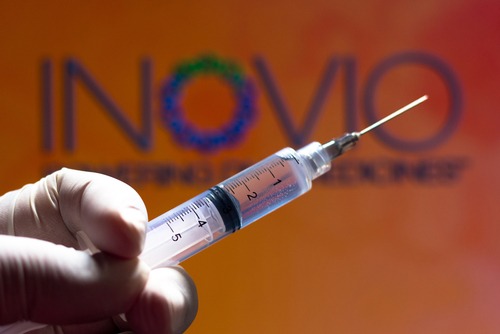
Amid rising fears that variants of COVID-19 may already be reducing the efficacy of vaccines, INOVIO provided some good news last week, with news that its vaccine candidate produced neutralizing antibodies and T cell responses against all three major variant strains.
INO-4800, a DNA vaccine candidate, spurred both a healthy T cell response against all spike protein variants tested and provided similar levels of neutralizing activity against both the U.K. and Brazilian variants that it did to the original strain. These results were noted in “INO-4800 DNA Vaccine Induces Neutralizing Antibodies and T cell Activity Against Global SARS-CoV-2 Variants,” which was recently submitted to bioRxiv.
Results were based on clinical samples pulled from subjects in a phase one U.S.-based clinical trial.
“These results are consistent with our expectation that INO-4800, which was found to be well-tolerated and able to produce a balanced immune response in our Phase 1 trial, is able to generate both neutralizing antibodies and robust T cell responses – both of which will be essential to protect against the emerging variants of concern,” Dr. J. Joseph Kim, INOVIO’s president & CEO, said. “We will report Phase 2 results in 2Q and, with FDA concurrence, expect to move into Phase 3 in the second quarter of this year. Our COVID vaccine’s projected safety profile, its stability at room temperature for more than a year, and likely ability to safely boost numerous times positions INOVIO’s COVID-19 vaccine as an important factor in addressing the virus in its pandemic and endemic states.”
T cell responses induced by INO-4800 were fully maintained against all three major variants: the UK, South African, and Brazilian variants. Antibodies capable of neutralizing activity were likewise documented in all three. However, levels were reduced against both the South African and UK variants, leaving INO-4800 in a similar state as other mRNA or viral vector vaccines against them. In contrast, though, INO-4800 prompted robust neutralizing antibodies against the Brazilian variant at levels comparable to those produced against the original strain.
Other mRNA/viral vector vaccines have faced reduced neutralizing activity against the Brazilian variant, representing a major potential gain. Further, the researchers noted that the combination of T cell responses and antibody responses showed a vaccine capable of broad protection against the SARS-CoV-2 virus and which was less impacted by the mutational changes the virus could experience.




